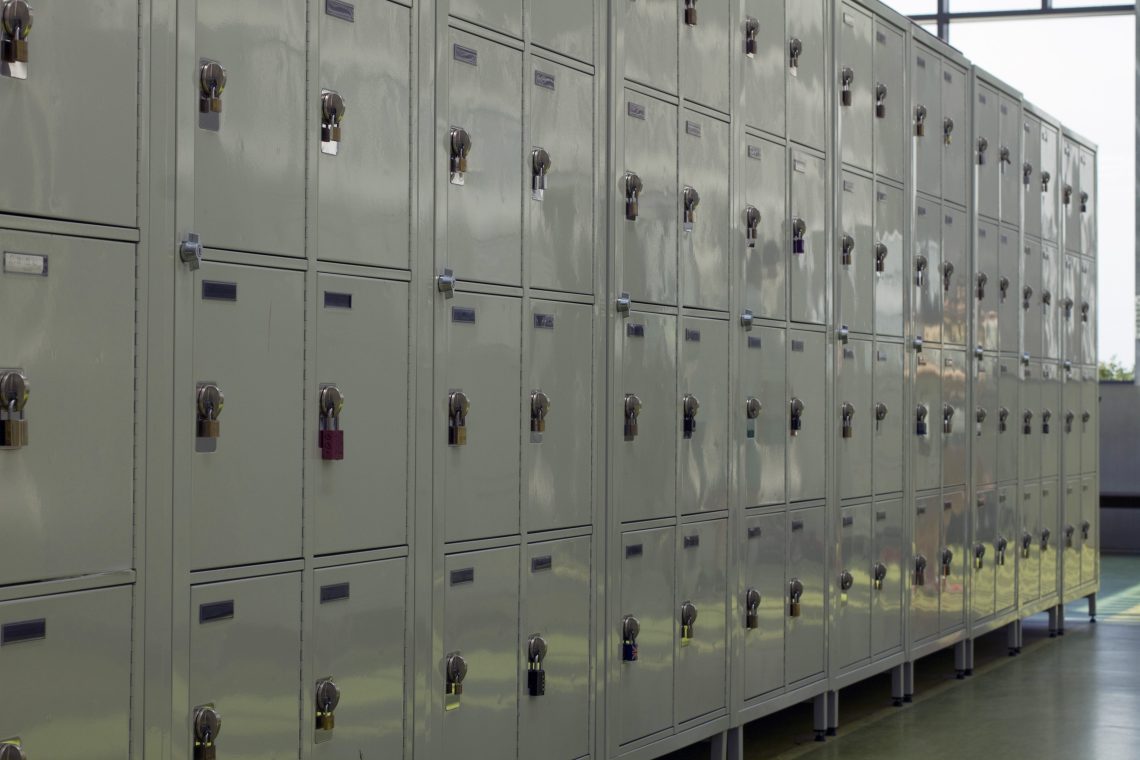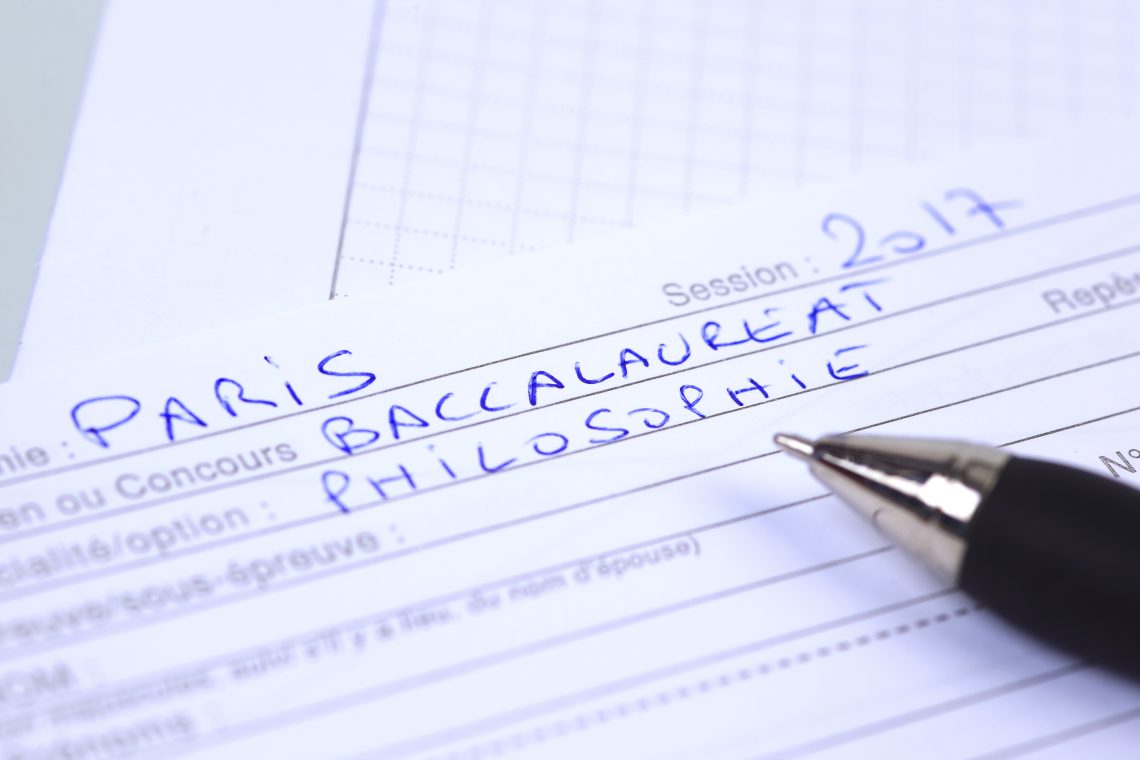France’s education crisis
The desire to reduce inequality led to an erosion of academic standards. Yet entrenched defenders of the status quo are unlikely to accept meaningful changes.

© Getty Images
In a nutshell
- Objective standards and tests show declines in the knowledge of students
- The erosion in learning has harmful effects on France’s economy and society
- School competition or a return to traditional methods face stiff resistance
For decades, the “fall in the general education standards” has been a common refrain. It has often been depicted as a conservative reaction, to the degree that any new report on the issue is usually welcomed with a yawn.
However, the rapidly collapsing education level in some places cannot be ignored. In France, usually proud of its cultural, literature and scientific heritage – and which used to have one of the best school systems in the world – it has become a crucial issue. While official reports are not very optimistic about trends, most university professors are downright pessimistic. Teaching these days (as this author does) means painful surprises, frustration and bewilderment at the collapse in education standards. The implications for growth but also, more broadly, for civilization are very worrying.
The great collapse
The Trends in Mathematics and Sciences Studies (TIMSS) survey ranks two school levels in math and sciences every four years. In 2019 it placed France last in the European Union for fourth graders and second to last for eighth graders, and well below the European or Organisation for Economic Co-operation and Development (OECD) average. Eighth graders had the level of 1995 seventh graders. Only 2 percent of eighth graders had an advanced level in math (compared to 50 percent in Singapore or South Korea), while 15 percent had the lowest level (vs. 6 percent in the EU).
Another oft-cited quantitative study is the Program for International Student Assessment (PISA) ranking. In 2018 France ranked 23 out of 79 countries. The study, helmed by the OECD, tests 600,000 pupils across countries in reading, math and sciences. In France, only 6,000 pupils take part in the study, which is often criticized.
While the official figures do not bode well, the reality on the ground seems far worse. Several books have been published by concerned teachers over the past generation, the most famous being probably Jean-Paul Brighelli’s 2005 “The Idiot Factory.” In some suburban communities, schools have become no-go zones, where teachers are on sick leave for depression for a large part of the year. But even in more normal places with less violence, things are very worrying.
From a teacher’s perspective, the decline is massive. Many first-year university students have problems spelling, reading, expressing ideas and using punctuation, even when they come from a literary background. The mere sight of a graph scares them. Gaps in their background knowledge about recent history, such as World War II, are huge.
Facts & figures
President Macron’s ‘school of the future’
To attract teachers, President Emmanuel Macron is seeking to raise pay (10 percent on average). Extra hours for new missions will be rewarded. A special focus is given to junior high school and the “bridge” from primary school, as 27 percent of pupils entering junior high school do not have the required level in French and only one-third in math. National evaluations in math and French will be held in fourth and fifth grade, and pupils will benefit from one extra hour of math or French in sixth grade. Dictation practice will be reinforced but teachers reacted by arguing that there are too many pupils per classroom. In high school, math will be reinforced, with 90 minutes for each high school pupil. Vocational high schools will experience a few changes as well, although within the same inefficient system.
Critics say that not only are these cosmetic moves, but that they had already been announced without much follow-up.
Dumbing down
The main explanation is the downgrading of school standards by French authorities since the 1960s.
As recalled by philosopher Philippe Nemo, after World War I, French communist decision-makers decided to reform the school system. They had been disappointed with the slow progress of the meritocratic “Republican school” inherited from Jules Ferry in the late 19th century. The progressive goal of the day was to create a “new man” and abolish inequality in terms of education. The goals in education standards were raised and harmonized.
But the project crashed onto reality: learning requires mental structures that highly depend on the quality of one’s family environment, especially when it comes to abstraction capabilities. The single-school framework quickly increased education inequality. Many pupils with more modest social backgrounds could not follow.
However, rather than giving up on the single-school project, it was then decided to focus on reducing inequality rather than raising standards. This effectively paved the way to “dumbing down.”
School slowly lost its educational function in favor of another one. As more women went to work it meant that there were no parents to look after children at home, families more and more saw school’s function as a place to keep children. Unemployment also incentivized authorities to maintain young generations as long as possible in schools, effectively turning these into giant kindergartens.
In the meantime, the national education system had become highly bureaucratized and managed de factor by teachers’ unions, with a complete loss of democratic control over the so-called national education. Ministers came and went but the administration and unions remained.
Even when ministers intervened, it made things worse. This was evident with the 1989 reform by then-Education Minister Lionel Jospin, which aimed to boost the number of baccalaureate graduates by simply lowering standards. Similarly, the 2017 reform by former Education Minister Jean-Michel Blanquer, which allowed students to pick and choose their subjects, resulted in only 56 percent of high school students enrolling in math for their final year. Many graduates still cannot write proper French the way most 12-year-olds could two generations ago.

© Getty Images
Comfortably numb
The whole vision was also based on the ideas of 1968 that anything goes and an anti-work ethic: classical learning was now seen as a form of domination. Effort and emulation meant unsufferable inequality. The hierarchy between the master and the pupil, another kind of “domination,” was to be suppressed as the pupil became the “creator of his or her own knowledge,” as if knowledge could be created from a blank slate.
The knowledge of a pupil was now to be considered equal to that of the teacher. This dangerous illusion is accompanied by an environment that removes any form of challenge. In the search for equality, all painful experiences related to a sanction system had to be gradually removed, hence the incredible rate of success at the baccalaureate, or high school diploma, awarded by completing secondary-school requirements (96 percent success in 2022 in the general sections…). Examiners are asked to massively raise grades. This has erased the fundamental need for constant self-reassessment that pupils should face and perform to progress and, with it, the sense of effort and self-discipline.
The last straw was that new methods of teaching were imposed in primary schools – from “new math” to the visual reading method (rather than the time-tested, but old-fashioned, syllable method). It made pupils avoid math, and especially given French’s complex orthography and conjugation, made spelling and expression levels collapse. Unfortunately, without mastery of the form, substance cannot be expressed properly: many students simply cannot structure their thoughts. Moreover, official programs chose texts with a very poor style (while French literature has writers with a fantastic style such as Moliere or Hugo).
And as new generations of teachers have been taught and trained in such a system, it in turn downgraded educational potential. Since the job is far from attractive, the best minds avoid the vocation. The result is that the level of teachers is also falling. In 2020 new math teachers graduated from the national teachers’ exam with an average grade of 8 out of 20, and barely half of the candidates graduated. This causes a self-reinforcing vicious cycle.
Facts & figures
Blame it on the computer?
One explanation of recent trends is the extensive use of laptops to take notes during lectures, a phenomenon that increased during Covid lockdowns.
It could first prevent young students from focusing as they can be easily distracted by the concomitant use of various social networks such as Discord that enable parallel conversations among students on the screen. Other sources of distraction are possible given an internet connection: lecturers often find themselves with students smiling in front of their screen, which usually indicates a cat video rather than a “Eureka moment” of knowledge acquired. Distraction entails a lack of focus, which is obviously detrimental to learning.
A second issue is about typing vs. writing in knowledge acquisition. Longhand note-taking would involve a type of brain assimilation or “encoding” that is not possible with laptop note-taking. As opposed to typing, writing down notes in one’s own handwriting involves conceptualization and memorization. Then, reading again one’s own written notes is also different and more productive than reading typed notes, as the former have been better processed in the memory already. Other scientists working on this neurophysiological explanation argue that typing can also be creative, provided the student recast knowledge with their own phrasing. But the efficient use of laptops really depends on self-control.
Long-term effects
On the effects side, from a strictly economic point of view, the consequence is the loss of skilled human capital. Postgraduates cannot write or spell properly. Most avoid demanding intellectual disciplines like math. The base of good math students is quickly shrinking while the best leave the country – heresy in an innovation-promoting society, where there are already complaints about the lack of good engineers. Indeed, productivity can only decline, and with it, growth. This can be another factor of secular stagnation.
From a psychological point of view, new generations have difficulty questioning themselves as they have been protected from sanction mechanisms (good grades and diplomas are given without much effort). This leads to people with less aptitude for responsibility and accountability – two core values of a functional modern economy and polity.
From a political point of view, the “cretinization of spirits,” as author Jean-Paul Brighelli calls it, induces a lower capacity to behave as enlightened, responsible citizens. Of course, many “dos and don’ts” especially regarding inclusivity, racism, the environment, etc., are integrated in school and spread in the media to ensure basic social peace. But democratic inclusivity understood as active participation in collective decisions requires well-educated citizens.
Coupled with the increased use of “fiscal illusion” that deliberately hides the cost of government and policymaking, such trends naturally lead to technocracy: the (uneducated) plebs should not “put their nose in the collective affairs,” just vote every four or five years. In Europe, the centralization of decisions ever farther from the local ground has amplified the effect. No wonder the decline in voting participation.
The technocratic dimension is also felt as such policies sever the leading class from the rest of society as they, like the French Minister of National Education, place their children in private schools. Such self-segregation of the elite incites some to talk about a “class reproduction” pattern. In any case, democracy suffers.
Scenarios
The question is whether today’s policies can be easily reversed for the sake of civilization. President Macron recently announced reforms for the “school of the future” but they do not seem bold enough given the high stakes.
The first path would be a reform of the national education system itself. It would imply coming back to traditional methods of education based on sanction, effort, respect and discipline – offering creativity but in a traditionally structured framework. Given bureaucratic inertia, unions’ interests not to change or increase effort (especially in the unbelievable chaos of some “priority education zones”) and politicians’ general reluctance for radical change, a transformation is unlikely.
The other path would be a gradual opening to emulation with the more efficient, though minority, private sector, notably with a school voucher system. It would mean the privatization of education with tax-based financing. It would encourage accountability in schools and families’ responsibility in the choice of school – effectively putting schools in competition for quality education. Given the red flag of privatization and unions’ blocking power, such an option seems remote.
This leaves us, again, with the tyranny of the status quo.








